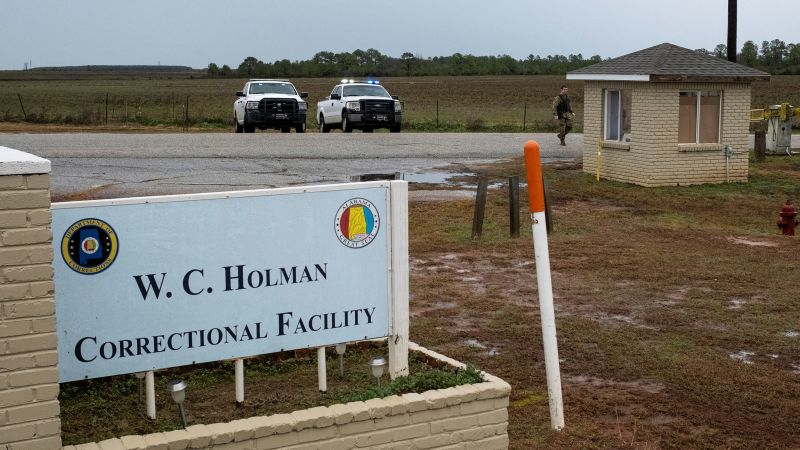
Execution by nitrogen hypoxia doesn’t seem headed for widespread adoption as bills fall short and nitrogen producers object
CNN
The day after Alabama carried out the first-known US execution using nitrogen gas, its attorney general sent a clear message to death penalty states that might want to follow suit: “Alabama has done it, and now so can you.”
The day after Alabama carried out the first-known US execution using nitrogen gas, its attorney general sent a clear message to death penalty states that might want to follow suit: “Alabama has done it, and now so can you.” Indeed, in the weeks immediately following the January execution of Kenneth Smith, it appeared a handful of states were listening, introducing bills that would adopt the method known as nitrogen hypoxia or a similar one. Officials behind each framed the legislation as an alternative method that could help resume executions where they had long been stalled. But months later – as the circumstances of Smith’s death continue to fuel debate about nitrogen hypoxia – it’s also increasingly unclear whether more states will, in earnest, follow Alabama in implementing the method, which involves replacing the air breathed by the condemned inmate with 100% nitrogen, depriving them of oxygen. Oklahoma and Mississippi have also legalized nitrogen hypoxia, but Alabama, which plans to execute a second inmate with nitrogen gas this fall, is the sole state to have put someone to death using it. Only one of the recently proposed state bills authorizing such a form of execution has been signed into law: Two were stuck before committees when their state legislatures adjourned this year, and a sponsor of the third acknowledged its future is uncertain. “We’re not seeing a lot of states jumping on board,” said Robert Dunham, director of the Death Penalty Policy Project at Phillips Black, a nonprofit law firm that specializes in post-conviction legal representation, describing the bills so far as “a reflexive reaction by some legislators in some states who are desperate to find alternatives to lethal injection.” “I think that in states in which there is not a reflexive reaction and legislators actually take time to consider what it means to suffocate a prisoner to death with nitrogen gas or other gas, you are unlikely to see gas adopted as an alternative.”





















 Run 3 Space | Play Space Running Game
Run 3 Space | Play Space Running Game Traffic Jam 3D | Online Racing Game
Traffic Jam 3D | Online Racing Game Duck Hunt | Play Old Classic Game
Duck Hunt | Play Old Classic Game











